- Home
- slideshows
- miscellaneous
- Teachers reveal 7 things they wish they could tell students, but can't
Teachers reveal 7 things they wish they could tell students, but can't
Watch out for cafeteria food.

The educator's preferred style of teaching might differ from the demands of the school's administration.
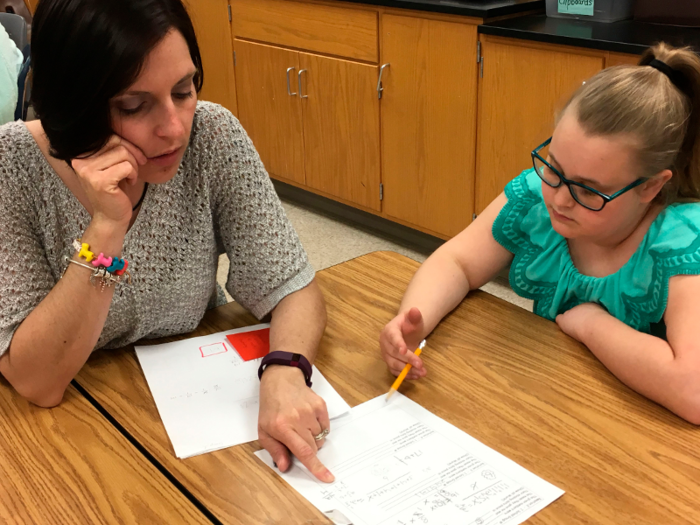
A high school teacher from Mississippi who wished to remain anonymous told Business Insider she wishes more teachers could talk about the impact administrative decisions have had on the way they teach. While the teacher herself tries to remain honest, she said many teachers struggle when their method of teaching students differs from what the school wants.
"My class is very transparent about the influence our end of year state test has on the class, but we also take the time to discuss the intent behind these tests, and the bearing they have on students' lives," the teacher said. "I'm lucky to be in a district that allows me to be this honest."
Don't stress too much about exam scores.
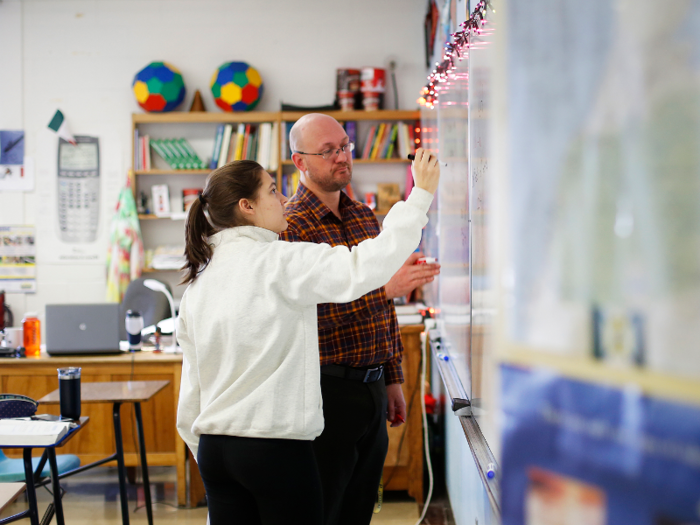
Some teachers said they wish students would care less about test scores, and more about developing an understanding for the classroom material.
"Don't let school interfere with your education," Brett, a high school teacher from California said. "No one will care what your GPA and SAT scores are after high school."
A middle school teacher from Pennsylvania who wished to remain anonymous said she doesn't care about classroom or standardized tests; rather, she wishes more students would learn problem-solving skills to use later in life. "It's ok to fail as long as you keep trying," the teacher wishes she could tell students. "You are smarter than you think and certainly smarter that what a test shows. We all have our strengths, and if those strengths aren't math, reading, or writing then it's never going to show on a test and that sucks."
Stop being lazy.
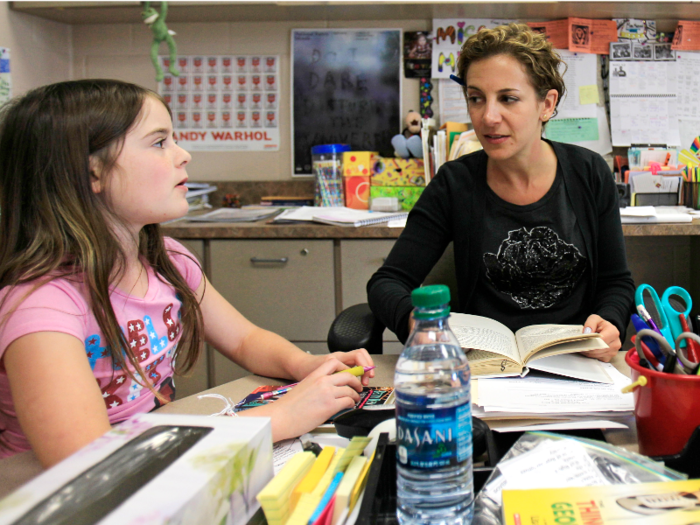
Many teachers wish their students would apply themselves more in the classroom, even if they don't get straight As.
"You don't need to be a star student, but you do need to care about learning," said Fred, a high school teacher in Virginia. "Once you leave the nest, life is so much harder than you ever realized, and your lack of investment in school only makes it harder."
Morgan, a middle school teacher in South Carolina, said she does not typically tell students outright to "stop being lazy" when they don't do their work, but instead tries to pull them aside and convey the message in a helpful way. "Tell them that if they don't try they could repeat the same grade again," she advises other teachers. "Tell them to do their homework instead of watching Netflix."
Don't be defined by your parents' poor life choices...
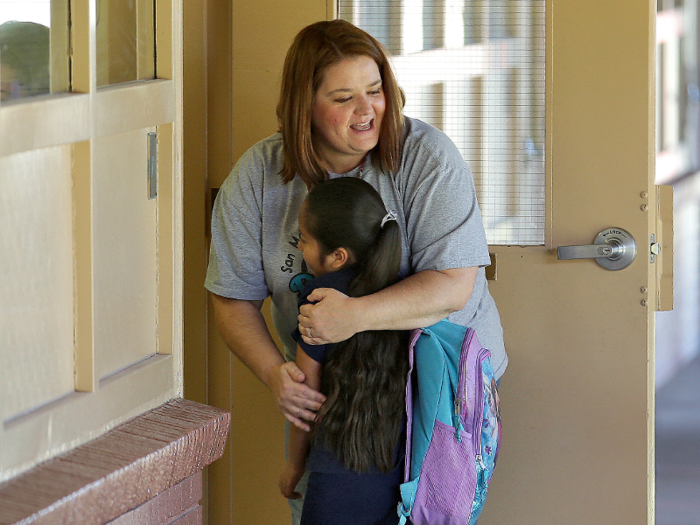
Some teachers expressed remorse for the difficulties their students face at home. The teachers wish they could tell students not to let their circumstances define their performance in the classroom.
"I wish I could tell students to come home with me and I will take you away from all of the crap you shouldn't have to deal with," said Dianna, an elementary school teacher from Nebraska.
"Education is the key to bettering yourself and breaking the cycle in your family," Vanessa, an elementary school teacher from Florida, wishes she could tell her students. "Take it seriously!"
... but don't let your parents baby you.
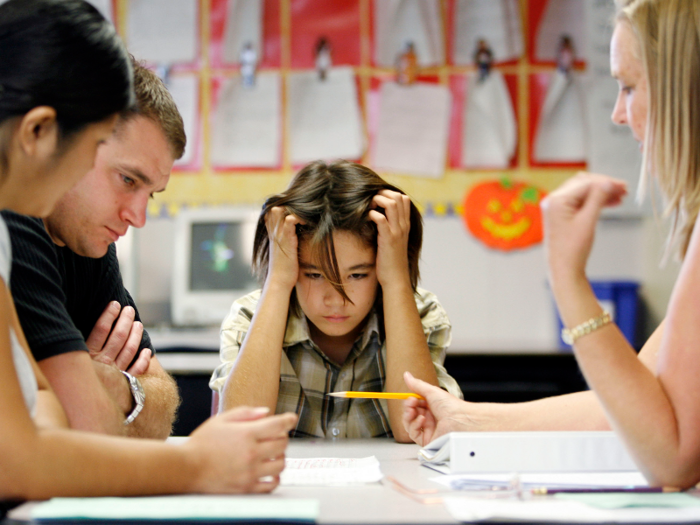
Some teachers said they wish they could tell students not to let their parents overprotect them.
"Your parents are setting you up to fail," said John, a high school teacher from Pennsylvania. "You have good grades and your parents are shielding you from consequences. This is really going to hurt in a few years."
The rise of overparenting — sometimes known as "helicopter parenting" — occurred over the last three decades, when American parents transitioned from letting their children play freely to getting involved in their academic and social lives.
Mothers now spend twice as much time with their kids, and dads four times as much as they did 50 years ago. While parents shouldn't neglect their children outright, some studies have linked childhood "hovering" with mental health issues, largely due, psychologists say, to violations of the needs people have for experiencing their own autonomy and competence as they grow up.
We know when you show up to school high.

"I know when you are high because I have experience," said Leigh, a high school teacher from Maryland.
Slightly more high schools students are smoking weed since 2016, but the use has slowed since 2013, according to a 2017 survey of 45,000 students. Teenage death through opioids, however, increased threefold since 1999, USA Today reported.
Vaping through e-cigarettes — both with nicotine and marijuana — is so commonplace it has caused a crisis among schools across the country.
Read more
7 surprising facts you never knew about substitute teachers
11 shocking things about being a teacher that you'd never thought to ask
Popular Right Now
Popular Keywords
Advertisement